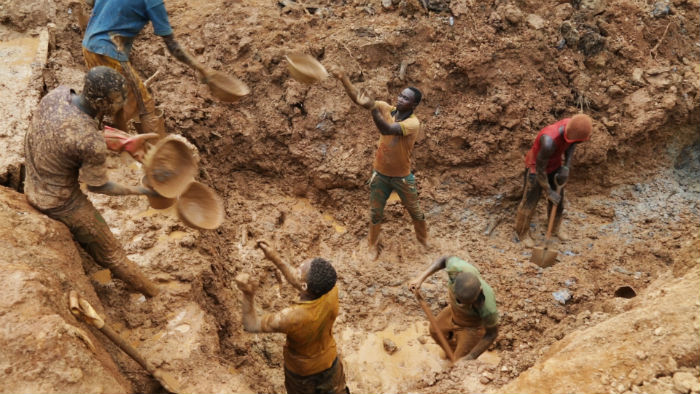By: Lou Del Bello
Send to a friend
The details you provide on this page will not be used to send unsolicited email, and will not be sold to a 3rd party. See privacy policy.
If you are unable to listen to this audio, please update your browser or click here to download [39.9MB].
The discovery of antibiotics revolutionised healthcare after the Second World War. But bacteria and other pathogens have always evolved to resist the drugs that medicine invents to combat them.
The UK government-established Review on Antimicrobial Resistance has warned that drug-resistant infections are already responsible for more than half a million deaths globally each year. A study commissioned by the review reveals that, if the world fails to control resistance, the annual toll could rise by an extra ten million people by 2050.
As well as raising awareness about appropriate antibiotic use and calling for more investment in research and development, scientists say we have to understand how drug resistance develops.
The issue is a growing problem in the developing world, where researchers recently discovered a new resistant strain of the bacteria that causes typhoid fever. Immunologist Melita Gordon tells the story of how the strain was discovered.
As the 2014 Ebola outbreak brutally reminded us, the uncontrolled spread of zoonotic diseases is another major risk for global health. Today, scientists are mapping out the location of viruses, to understand how they travel and evolve.
Our studio guest, biodiversity scientist Kate Jones, explains why considering social and environmental factors when modelling the likelihood of an outbreak can assist efforts to prevent epidemics such as the Ebola crisis in West Africa or the spread of the Zika virus in Latin America.
And we travel to Ghana to investigate small-scale gold mining and the ‘Galamsey’ gold rush. The so-called Galamseys are miners who dig for the precious metal in the country’s main water bodies, mostly illegally. They used to be farmers, but poverty and a lack of arable land led them to change profession.
Mining may help the Galamseys and their families get by, but the environmental damage it causes means it is also hugely controversial.
Multimedia producer Jon Spaull investigated on the ground to shoot four short documentaries on the miners’ lives. He joins us in the studio to talk about his experience. Watch out for his films on SciDev.Net later this week.














